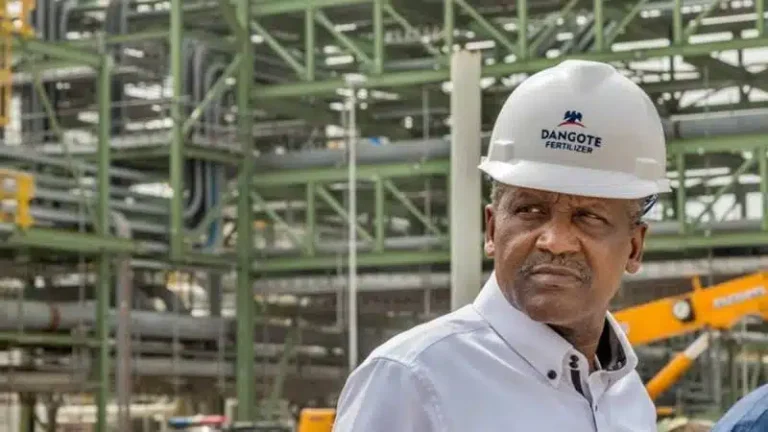
The Alternative Bank has partnered with the Plateau State University, Bokkos, to boost livestock feed production in Nigeria following the bank’s transfer of the Alfalfa Cultivation Pilot Project to the university to deepen agricultural research.
According to a statement, the bank described the handover as part of its Corporate Social Investment framework to explore the large-scale viability of Alfalfa, a protein-rich forage crop vital to livestock nutrition.
Group Head of Structured Trade and Commodities Finance at The Alternative Bank, Gbenga Awe, described the initiative as a step towards building a sustainable agricultural ecosystem, saying, “This partnership is not just about cultivating Alfalfa. It’s about building a sustainable ecosystem.”
He noted that the bank had invested in critical infrastructure to support the project, with the university now targeting 10 tonnes per hectare in yield.
Acting Vice-Chancellor of Plateau State University, Prof. Shedrack Best, described the handover as a milestone in the university’s agricultural journey, noting, “This is a great day for us. Bokkos has a rich history in livestock, and this project reinforces our commitment to innovation and impact.”
The Alternative Bank pledges to partner stakeholders
The Special Adviser on Knowledge Management and Communication at the Federal Ministry of Livestock Development, Richard Mbaram, praised the project’s model, urging other institutions to adopt similar approaches.
Mbaram noted: “This project reflects the vision of the administration of President Bola Ahmed Tinubu to grow the livestock sector’s GDP contribution and place youth and women at the centre of that growth.”
Head of Corporate Social Investment of The Alternative Bank, Solomon Okonkwo, affirmed that the bank’s intervention in agriculture reflects its long-term commitment to national development.
“Beyond financial services, our mission is to drive meaningful change through investment in strategic sectors,” Okonkwo said. “Agriculture is a cornerstone of national development, and we believe research-driven solutions like this will empower farmers, boost food security, and contribute to economic resilience.”


